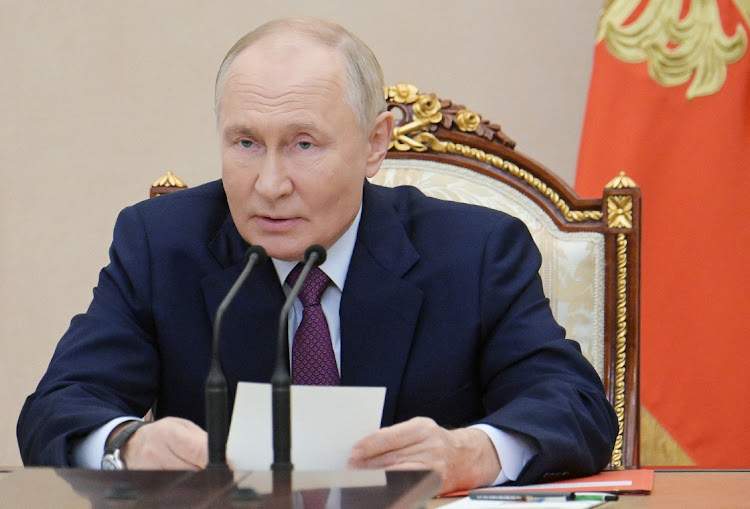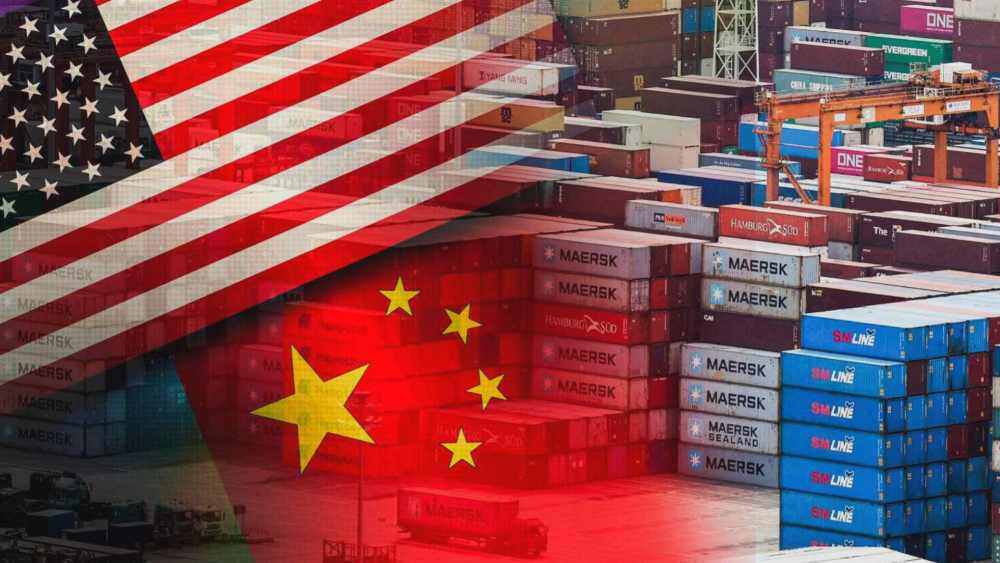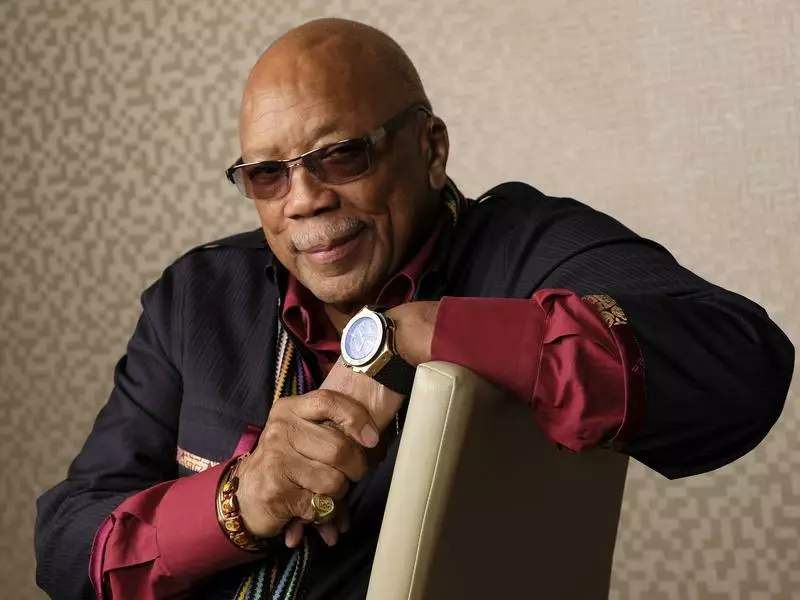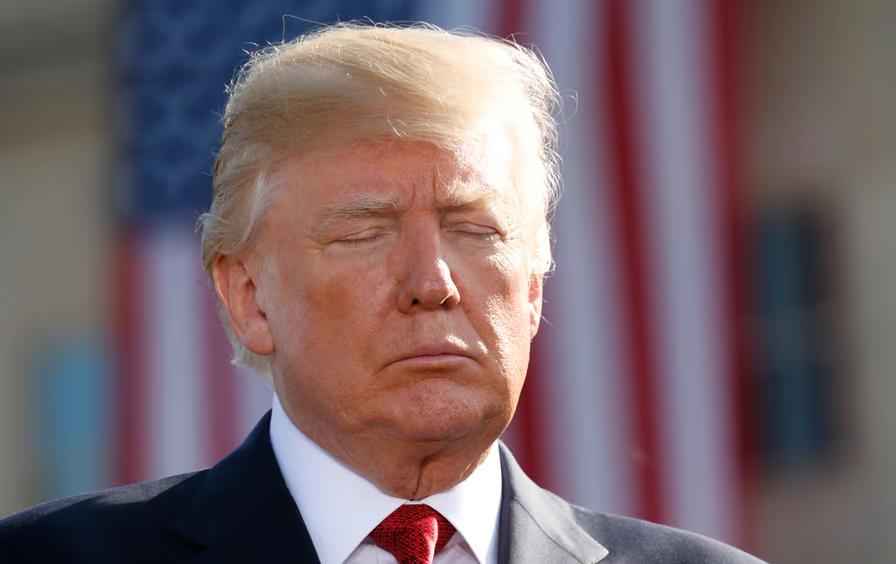Putin Sets New Conditions for Nuclear Weapons Use
Sep 26, 2024 / GMT+6
Vladimir Putin threatens a nuclear response to attacks on Russia, altering its nuclear policy amid ongoing tensions with Ukraine and the West.
More topics for you...This topic continues below.
China reports record $1.2 trillion trade surplus for 2025, defying Trump's tariffs.
Russian President Vladimir Putin has made a serious announcement about his country’s nuclear weapons policy. He said that Russia might use nuclear weapons if attacked, even if the attacker does not have nuclear weapons.
Putin announced this during a meeting with Russia’s Security Council, where he talked about important changes to the country’s nuclear strategy.
New Definition of Threats
Putin explained that if a non-nuclear country attacks Russia with support from a nuclear country, it would be seen as a “joint attack.” This means that Russia could respond with nuclear weapons if it believes the attack is a “critical threat” to its safety. The term “critical threat” is broad, allowing for various interpretations.
The changes in policy seem to lower the standards for using nuclear weapons. This shift comes as Western countries are deciding whether to provide Ukraine with longer-range weapons.
Just a month ago, Ukraine made a surprising attack into Russia’s Kursk region. Although Putin did not mention Ukraine directly, he said the changes were necessary due to new threats in the world.
Ongoing Tensions in Ukraine
Russia has been making slow progress in Ukraine since it started its full-scale invasion two and a half years ago. The Russian government is trying to discourage Western nations from supporting Ukraine more strongly.
Putin has hinted at the use of nuclear weapons several times since the beginning of the conflict. Recently, he even stopped Russia from participating in the New START treaty with the United States. This treaty limits the number of nuclear weapons each country can have.
Ukraine’s President, Volodymyr Zelenskyy, urged Western countries not to pay attention to Russia’s threats. Andriy Yermak, Zelenskyy’s chief of staff, said Putin’s statements are simply attempts to scare the world. “Russia has no tools to intimidate the world except for nuclear threats,” Yermak said. “These threats won’t work.”
The current nuclear policy of Russia, created in 2020, allows the use of nuclear weapons if Russia is attacked with nuclear weapons or if its very existence is at risk due to a conventional attack.
However, some Russian leaders have been demanding changes, saying the existing policy is too unclear. They believe it gives the impression that Russia would not use nuclear weapons under any circumstances.
Clearer Conditions for Use
Putin said the revised policy makes it clearer when nuclear weapons can be used. He explained that Russia could respond to a massive air attack with nuclear weapons.
“We will think about using nuclear weapons when we get reliable information about a big air attack crossing our borders,” he said. He mentioned various types of aircraft and missiles that could pose a threat to Russia.
Ukraine has been attacking Russian territory in response to ongoing aggression from Moscow. The Institute for the Study of War, a well-known research group, commented that Putin’s specific threats might be an attempt to cause panic among Western leaders. This is especially true as they discuss Ukraine's ability to use Western weapons.
Experts warn that it’s concerning when a major nuclear power changes its conditions for using nuclear weapons. Samuel Charap, a senior political scientist at RAND, said, “It’s never good when a big nuclear power loosens the rules for using nuclear weapons.”
In addition, Putin mentioned that the new policy would also extend Russia’s nuclear protection to Belarus. Belarus is ruled by President Alexander Lukashenko, a close ally of Putin.
Lukashenko has allowed Russian troops to use Belarusian territory for operations in Ukraine and has permitted the deployment of Russian tactical nuclear weapons there.
Russia remains the largest nuclear power in the world. Together, Russia and the United States control about 88% of all nuclear warheads globally. The changes in Russia’s nuclear policy come at a time of heightened tensions and uncertainty, raising alarms in many countries around the world.







